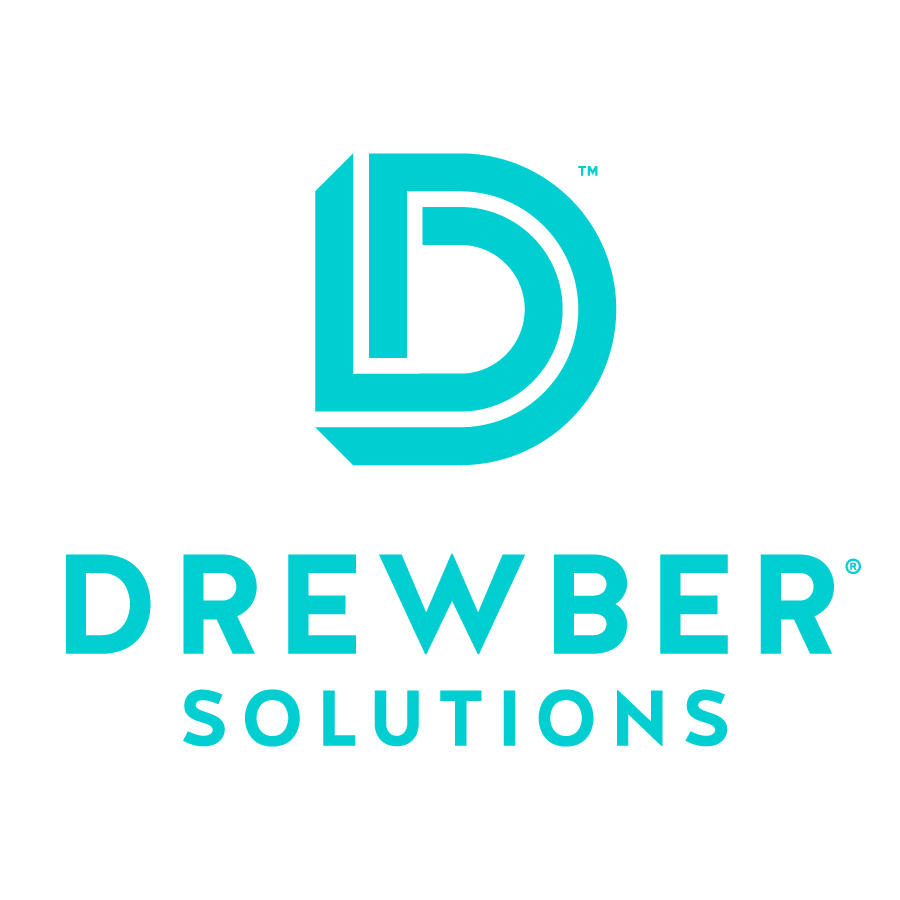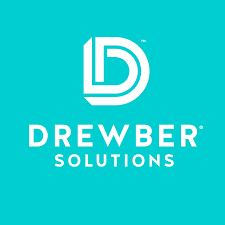Five Pillars of Financial Literacy that You Must Learn by Kelly Fowler
If you want to be financially stable and build lasting wealth, you must become financially literate; this means you must understand and speak the language of money. There are five pillars of financial literacy that you MUST learn. They are budgeting, debt elimination, saving, investing, and how to choose financial products.
1. Budgeting.
Many people believe that the word “budget” is a bad word - that it means you are somehow poor or cheap. This is a misinformed belief. A budget is a spending plan. It actually gives you the freedom to spend without fear, guilt or shame because it provides a boundary that exists to keep you on track to your big goals. The boundary is to help you, not to hurt you. Furthermore, a budget is for everyone. It is especially for those wanting to build wealth because it allows you to see and control extraneous expenses and direct them to greater, wealth-building purposes. An effective budget should be zero-based, meaning every dollar of income is assigned a purpose, whether to pay a bill, to apply to savings or to invest.
2. Debt elimination.
Debt is anything owed. It ties up your income and directs it at funding the past instead of the future. It is important to eliminate debt so that you free up more cash flow that can then be used to invest in wealth building. It is important to first understand the terms of any debt you may have, as many people do not take the time to learn the details of their debt, the long-term costs and the impact of each. Once you are aware of all of the debts you have and their details, you should familiarize yourself with the different debt elimination strategies and create a plan to reduce the debt load until it is non-existent.
3. Saving.
Savings are funds stored up and used for particular purposes. A solid savings is the foundation of financial stability. Savings funds include emergency funds, sinking funds, car funds, home down-payment funds, and much more. There is a myriad of methods, strategies and terms associated with saving money, such as Certificates of Deposit (CD) and Money Market Accounts. It is important to be financially literate in the area of savings so you can capitalize on available opportunities to save more money faster.
4. Investing.
Investing is a popular discussion topic, but one that is often little understood practically. Investing is the allocation of resources to earn you a profit. It is how you make your money grow long-term. It can take many forms and similar to saving, there is a myriad of methods, strategies and terms associated with it. Understanding investing and how to make it work for you is essential to wealth building.
5. Financial products.
Knowledge of financial products available to you will help you make the best decisions for yourself and your money. Financial products range from ATM cards and savings accounts to stocks, bonds, mortgages and insurance. It is important to know how the different products work and the pros and cons of each, so that you can make educated decisions that help rather than hinder you in meeting your financial goals.
There is much to know when it comes to finances. Becoming financially literate is the road to understanding. Being familiar with the basics of budgeting, debt elimination, saving, investing, and financial products are the pillars that will support your continued growth and inform your personal finance decisions.
If you would like further guidance, feel free to schedule an appointment at drewbersolutions.com. For everyday tips to save money and build wealth, follow Kelly at www.instagram.com/kellyfowler360.


